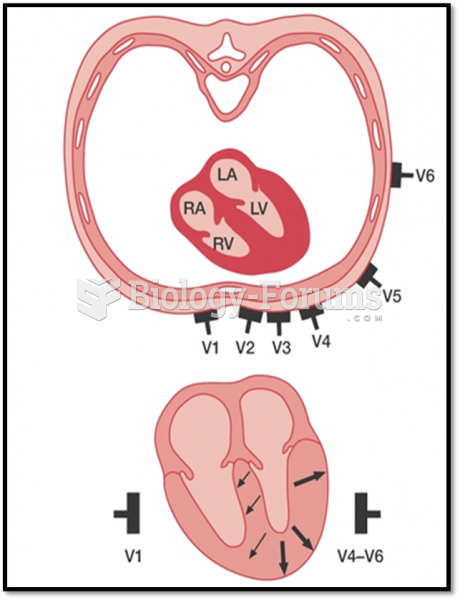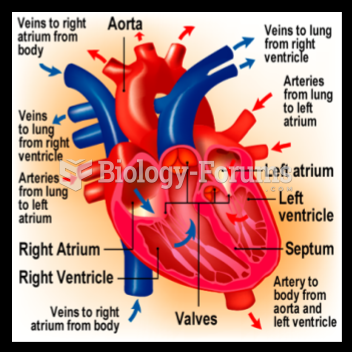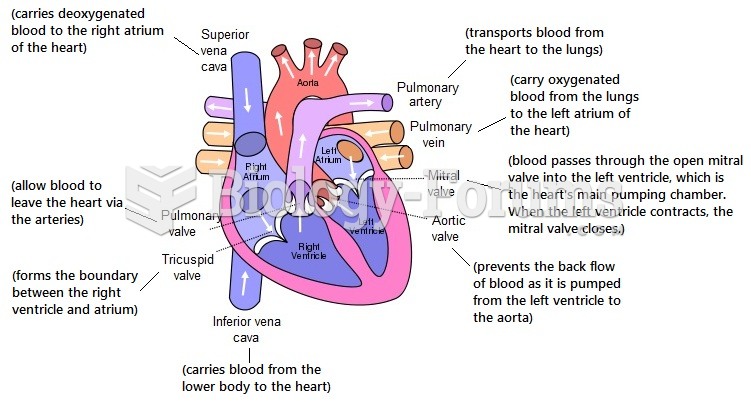Answer to Question 1
C
Feedback
A Pregnancy is contraindicated for peripartum cardiomyopathy and Eisenmenger syndrome. Women who have had heart transplants are successfully having ba-bies. However, conception should be postponed for at least 1 year after trans-plantation.
B Pregnancy is contraindicated for peripartum cardiomyopathy and Eisenmenger syndrome. Women who have had heart transplants are successfully having ba-bies. However, conception should be postponed for at least 1 year after trans-plantation.
C Pregnancy is contraindicated for peripartum cardiomyopathy and Eisenmenger syndrome. Women who have had heart transplants are successfully having ba-bies. However, conception should be postponed for at least 1 year after trans-plantation.
D Pregnancy is contraindicated for peripartum cardiomyopathy and Eisenmenger syndrome. Women who have had heart transplants are successfully having ba-bies. However, conception should be postponed for at least 1 year after trans-plantation.
Answer to Question 2
1; 3; 5
Rationale:
1. Screening of students for certain conditions; educating students, teachers, and staff; and developing emergency plans are all roles of the school nurse.
2. Prescribing medication for a new illness is beyond the scope of practice for the school nurse unless the nurse is licensed as an advanced practice nurse.
3. Screening of students for certain conditions; educating students, teachers, and staff; and developing emergency plans are all roles of the school nurse.
4. Diagnosing acute illness is beyond the scope of practice for the school nurse unless the nurse is licensed as an advanced practice nurse.
5. Screening of students for certain conditions; educating students, teachers, and staff; and developing emergency plans are all roles of the school nurse.







